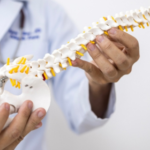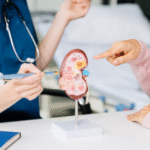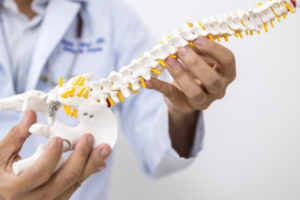
The heart is a key player in our bodies, much like the busy streets of Manhattan. Imagine the veins Manhattan has in its subway system. Now imagine those subway lines as your veins, efficiently delivering what is necessary for the city to thrive. A cardiologist is like the transit authority, overseeing all operations and ensuring everything runs smoothly. This role becomes even more crucial in heart rehabilitation programs. Today, we delve into the cardiologist’s importance in these programs.
The Train Conductor of Your Heart
Cardiologists are experts in heart health. They understand the heart’s complexities and its role in the body. In heart rehabilitation programs, they choreograph a tailored plan for each patient. They oversee the progress and adjust the program as needed.
The Cardiologist and Heart Rehabilitation Programs
Cardiologists play a vital role in heart rehabilitation programs. They are responsible for diagnosing heart conditions, prescribing treatments, and guiding patients through the recovery process. They work with other health professionals to ensure patients get comprehensive care.
Benefits of Heart Rehabilitation
Heart rehabilitation programs offer a wealth of benefits. Patients can expect to improve their heart function, reduce symptoms of heart disease, and improve their overall quality of life. These programs are often recommended after heart surgery or a heart attack.
| Role of the Cardiologist | Benefits of Heart Rehabilitation |
| Diagnose heart conditions | Improve heart function |
| Prescribe treatments | Reduce symptoms of heart disease |
| Guide through recovery process | Improve overall quality of life |
In conclusion, a cardiologist is crucial in heart rehabilitation programs. They shepherd patients through recovery, ensuring the heart’s functions improve, symptoms decrease, and quality of life elevates.














